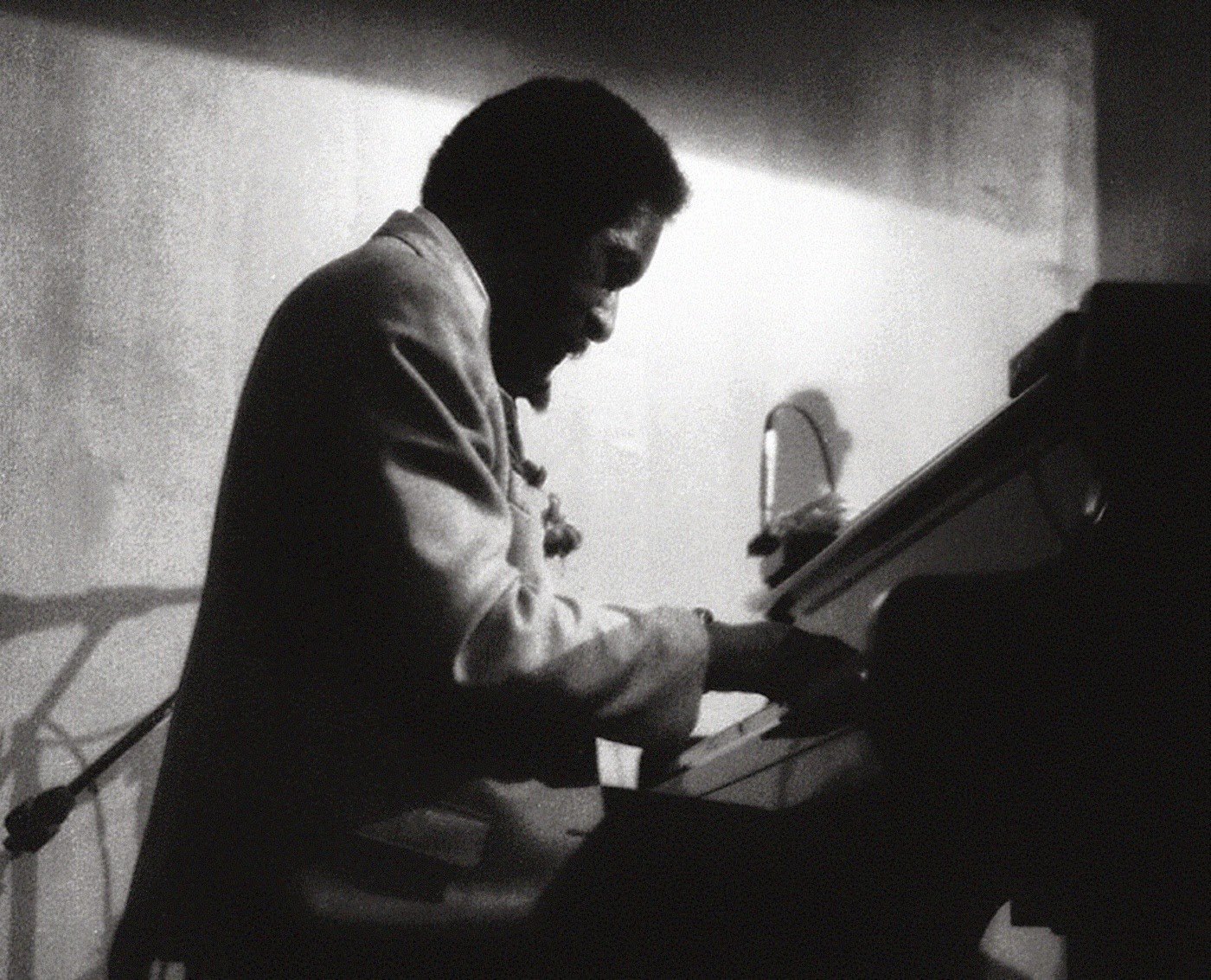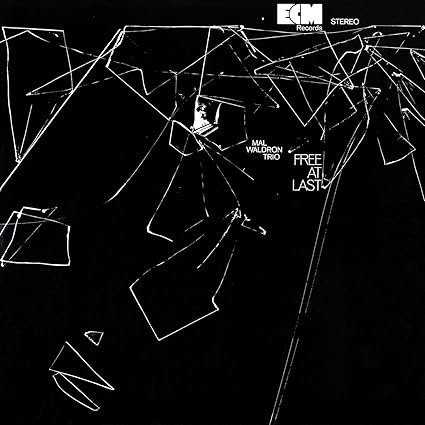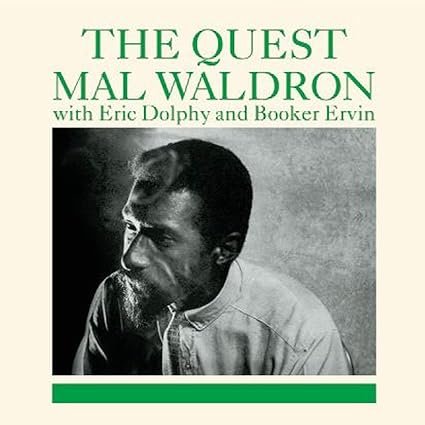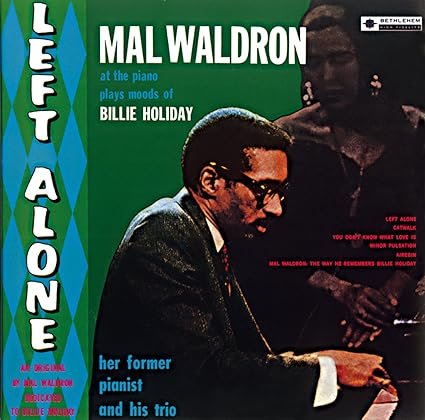
Search Amazon for Mal Waldron Music

Buy on Amazon | 1969 Free At Last Free at Last, Mal Waldron’s 1969 trio album and the inaugural release on ECM Records, marks a shift in his style toward modal repetition and minimalist groove. The opener “Rat Now” and the haunting “Balladina” showcase his use of rhythmic motifs over traditional chord changes. Tracks like “1-3-234” and “Rock My Soul” provide dynamic contrast, balancing bebop energy with spacious improvisation. Waldron’s take on “Willow Weep for Me” offers a lyrical nod to his roots while maintaining his evolving aesthetic. Though subtle and understated, the album is praised for its depth, trio interplay, and historical significance in both Waldron’s career and ECM’s catalog. |
Buy on Amazon | 1962 The Quest Recorded in June 1961 and released in 1962 on Prestige’s New Jazz label, The Quest features Waldron’s seven original compositions performed by a sextet including Eric Dolphy, Booker Ervin, and Ron Carter on cello. The music blurs the lines between hard bop, modal jazz, and avant-garde experimentation, with angular themes and shifting meters throughout. From the propulsive opener “Status Seeking” through the introspective “Warm Canto”, where Dolphy plays clarinet over Carter’s pizzicato cello, the album showcases both compositional depth and improvisational freedom. Although the mix sometimes buries Waldron’s piano behind powerful soloists, the ensemble interplay and emotional range remain compelling. Overall, The Quest stands as one of Waldron’s most inventive early works, revealing his strengths as both composer and bandleader in a richly textured jazz setting. |
Buy on Amazon | 1959 Left Alone Recorded in February 1959 and released on Bethlehem Records, Left Alone includes Waldron’s signature composition co-written with Billie Holiday, spotlighted on a low-key quartet session featuring Jackie McLean’s alto on the title track. Waldron blends moody originals like “Minor Pulsation” and “Catwalk” with a spare read of “You Don’t Know What Love Is” and a fiery take on Sonny Rollins’s “Airegin,” revealing his dark, probing aesthetic at mid-career. The title track stands out as emotionally potent, with McLean’s alto adding a mournful depth that echoes Waldron’s longtime connection to Billie Holiday. Though Waldron’s style is deliberately restrained and somewhat unconventional in swing, the trio’s interplay and emotional resonance give this tribute a quietly powerful impact. Overall, Left Alone is celebrated as a deeply personal, introspective jazz statement and an essential moment in Waldron’s early trio repertoire. |
Mal Waldron was an American jazz pianist and composer born on August 16, 1925, in New York City. Initially trained in classical music, he shifted to jazz after hearing the music of Charlie Parker. Waldron studied at Queens College, where he was exposed to both academic music theory and the vibrant jazz scene of 1940s New York. After serving in the U.S. Army, he became a sought-after accompanist and sideman, known for his dark, brooding harmonies and understated style.
In the 1950s, Waldron worked extensively with Charles Mingus and became Billie Holiday’s regular accompanist from 1957 until her death in 1959. This collaboration left a lasting imprint on his approach to mood, space, and phrasing. He also recorded with Jackie McLean, John Coltrane, and Eric Dolphy, cementing his place in the hard bop and post-bop movements. His early work is characterized by a dense, rhythmic comping style and a unique sense of melodic development.
A nervous breakdown in 1963, brought on by heroin addiction, temporarily halted his career. After recovering, Waldron relocated to Europe, where he found a more supportive artistic environment. Settling in Germany and later Belgium, he became an influential figure in the European jazz scene, often collaborating with avant-garde musicians like Steve Lacy and Jeanne Lee. His style evolved toward a more minimalist, modal approach, often exploring repetitive motifs and deep emotional introspection.
Over the next four decades, Waldron recorded prolifically and performed globally, releasing solo albums and duets that demonstrated his singular voice in jazz. Notable recordings include Free at Last, The Call, and Left Alone—his tribute to Billie Holiday. He remained musically active until his death on December 2, 2002, in Brussels. Waldron’s legacy endures through his hauntingly lyrical playing, commitment to artistic exploration, and deep influence on modern jazz pianism.